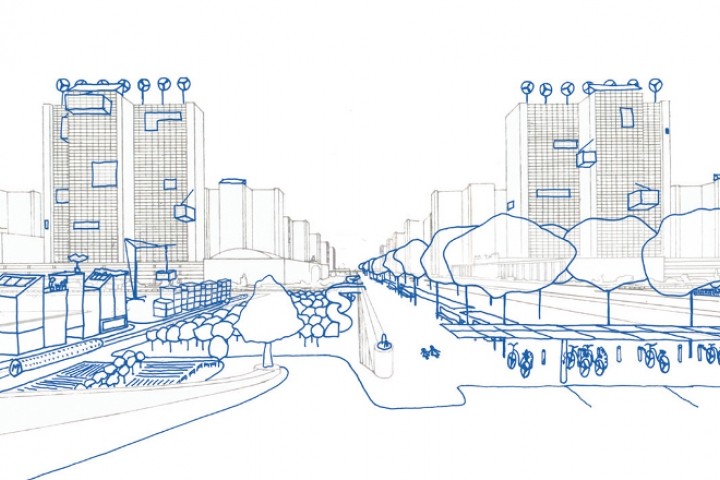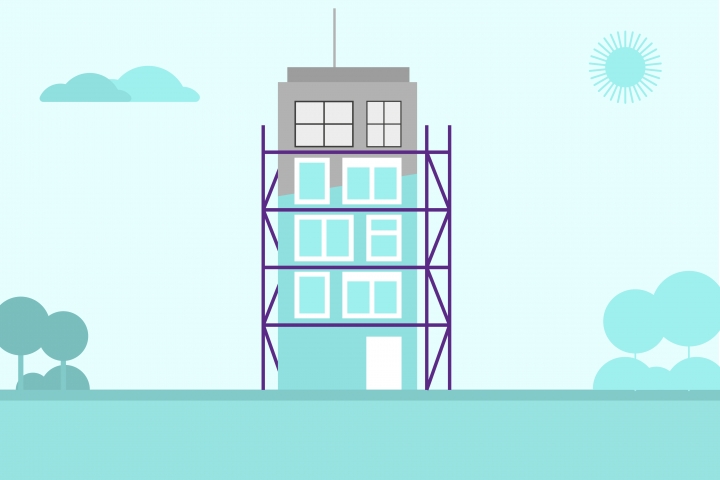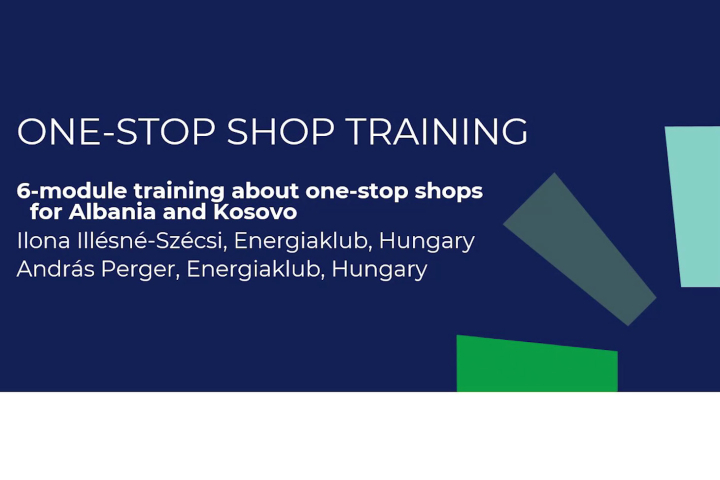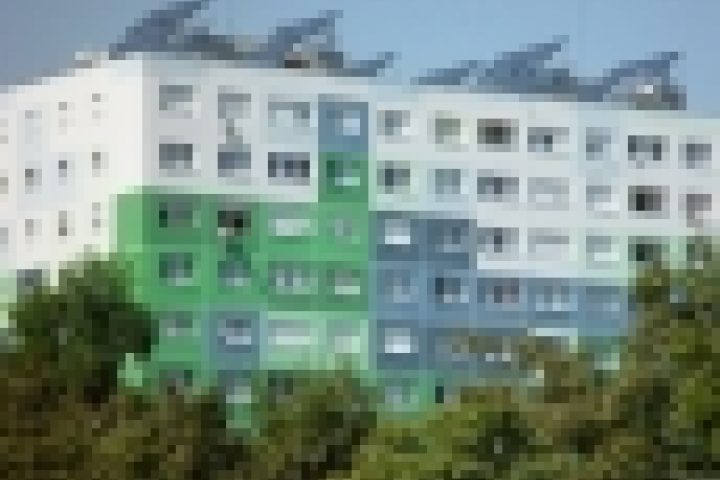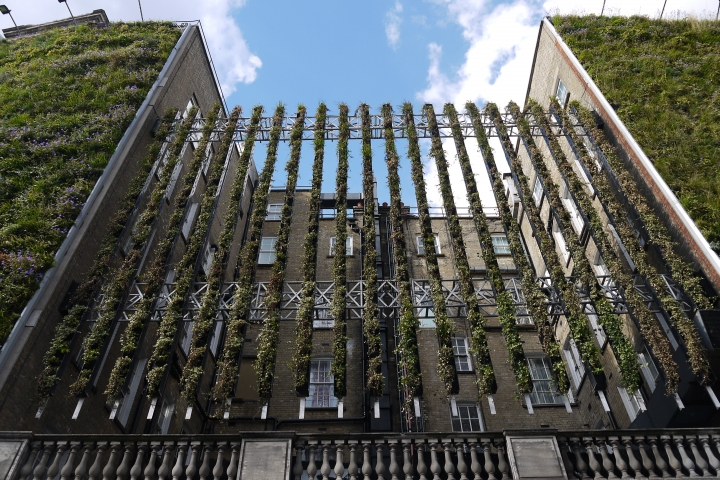Peer-learning workshops – Workshop for municipal high-level policy makers to enable political leadership, part 1.
We have enclosed the first month of 2020 with an instructive worskhop with the Multiply project’s participant municipalities in the Magnet Közösségi Ház/ Magnet Community Centre. The event was the first stop of our 6 part workshop series where topics, such as integrated urban planning, energy efficiency and their financing opportunities were discussed.
The workshops allow municipalities to have face-to-face discussions and exchange of experiences, then by the end of the programme –with the help of other experts- they will be able to come up with concrete plans to solve the local issues in the fields of integrated urban planning.
The municipalities of Ajka, Szarvas, Sopronkövesd and the II. and XIII. districts of Budapest were represented in the 1-day workshop. These municipalities competed for the awards of being a Forerunner and Committed city in integrated urban planning –the municipalities of the latter category will establish their Energy Plans by the end of the project.
During the workshop, the municipalities presented what they have already done as their integrated urban planning actions and also what they are about to further develop in the future and what are main risks concerning these plans- that as it had been revealed are common for most of them. All of them claimed the matters of integrated urban planning –energy efficiency, sustainable mobility and spatial planning- measures as their priority, that they are integrating in the daily operation and development plans of their municipality. Best practices can demonstrate good examples to the others such as the recultivation of the decommissioned mining sites into community gardens in Ajka or the conversion of the former dump into a photovoltaic park. In Budaörs and Sopronkövesd the municipalities have purchased lands just in order to protect the remained green spaces and avoid their building-up.

Decreasing the intensity of heavy and personnel traffic and developing the cycling infrastructure had been both set as a priority by each participants. Almost all municipal buildings have been already installed with photovoltaic systems and they are about to further extend their renewable energy usage. The XIII. district of Budapest is also the first to host a passive-house kindergarten in the country. The local leaderships are about to integrate locals with garbage collecting actions and campaigns to raise the general public awareness -programmes such as Zöldszívű falu in Sopronkövesd, Angyalzöd in the XIII. district of Budapest or the Komposztáló Kerület in the II. district of Budapest. Szarvas has their public buildings’ district heating provided by thermal water, and has their irrigation provided by the local river’s backwater and they are also about to establish rainwater tanks. The closed ‘Panel programme’ is something that is perceived by each participants, although Ajka and Budaörs provides funds to provide further financial support. Budaörs states that the best method to motivate the usage of public transport is to provide it as a free service, as it had been realized in the city for years from now.
In the afternoon, the expert of the Energia Klub held a presentation in the topic of unexploited financial opportunities financial opportunities, and then to ease the selection of the most optimal opportunity for each participants, a decision making graph had been presented.
In the topic of financial opportunities, another best practice was presented by Ajka, where with the joint funding of international private capital and domestic human resource, a rehabilitation of a kindergarten were realized. At last, a representative from the ESCO gave concrete ideas and examples on how to exploit energy efficiency contracts in the best way.
The award-winning ceremony of the winner municipalities of the project are going to be held on the 11th of February and then later, in March, the 6-part workshops series are going to be continued with the next station in Szarvas where the elaboration of the Energy Plans are going to be started.

